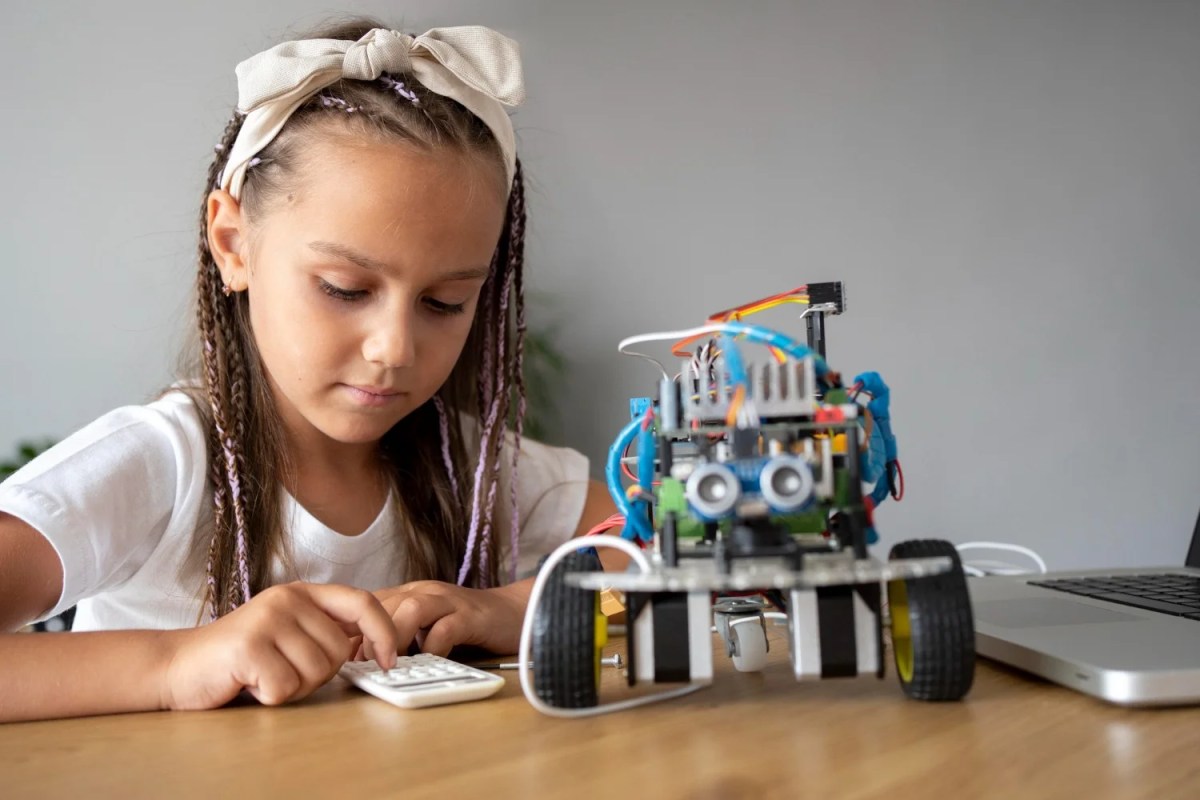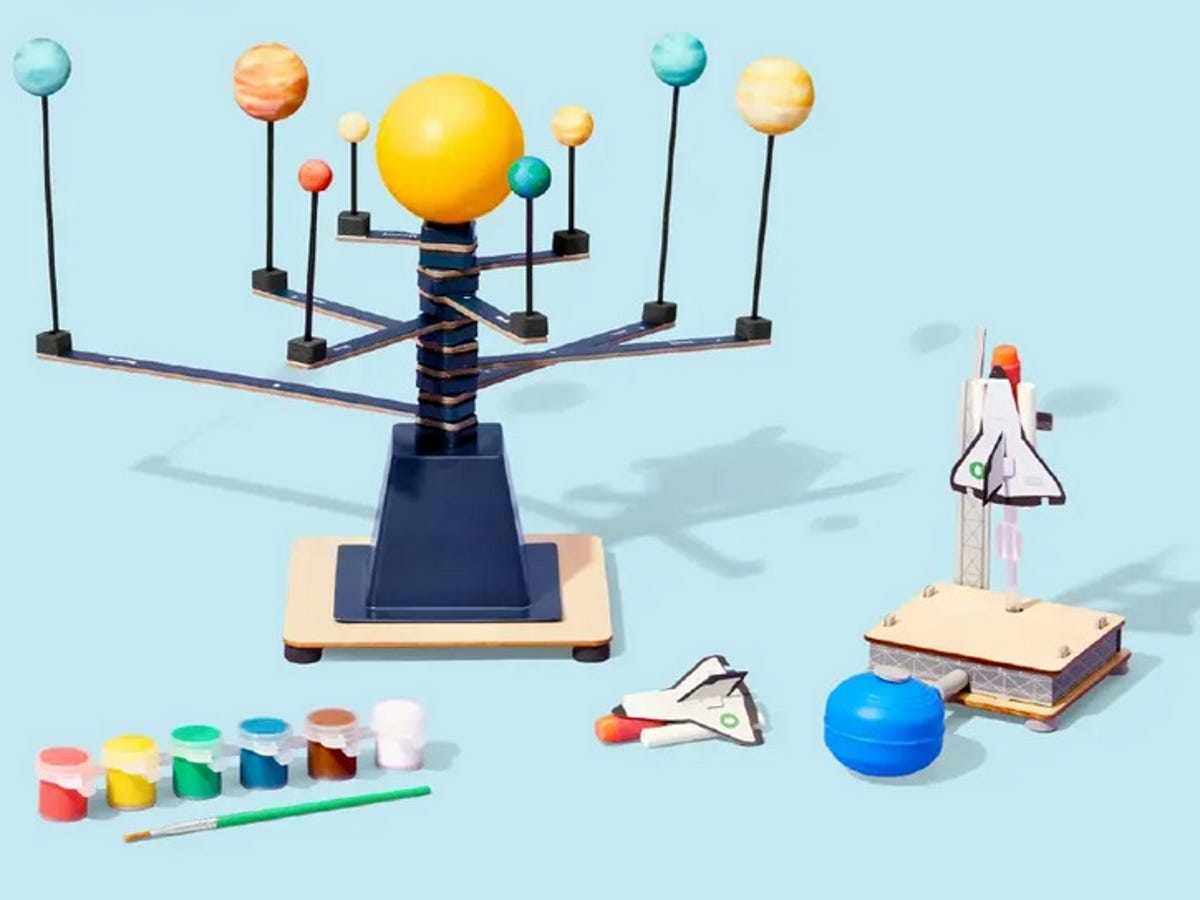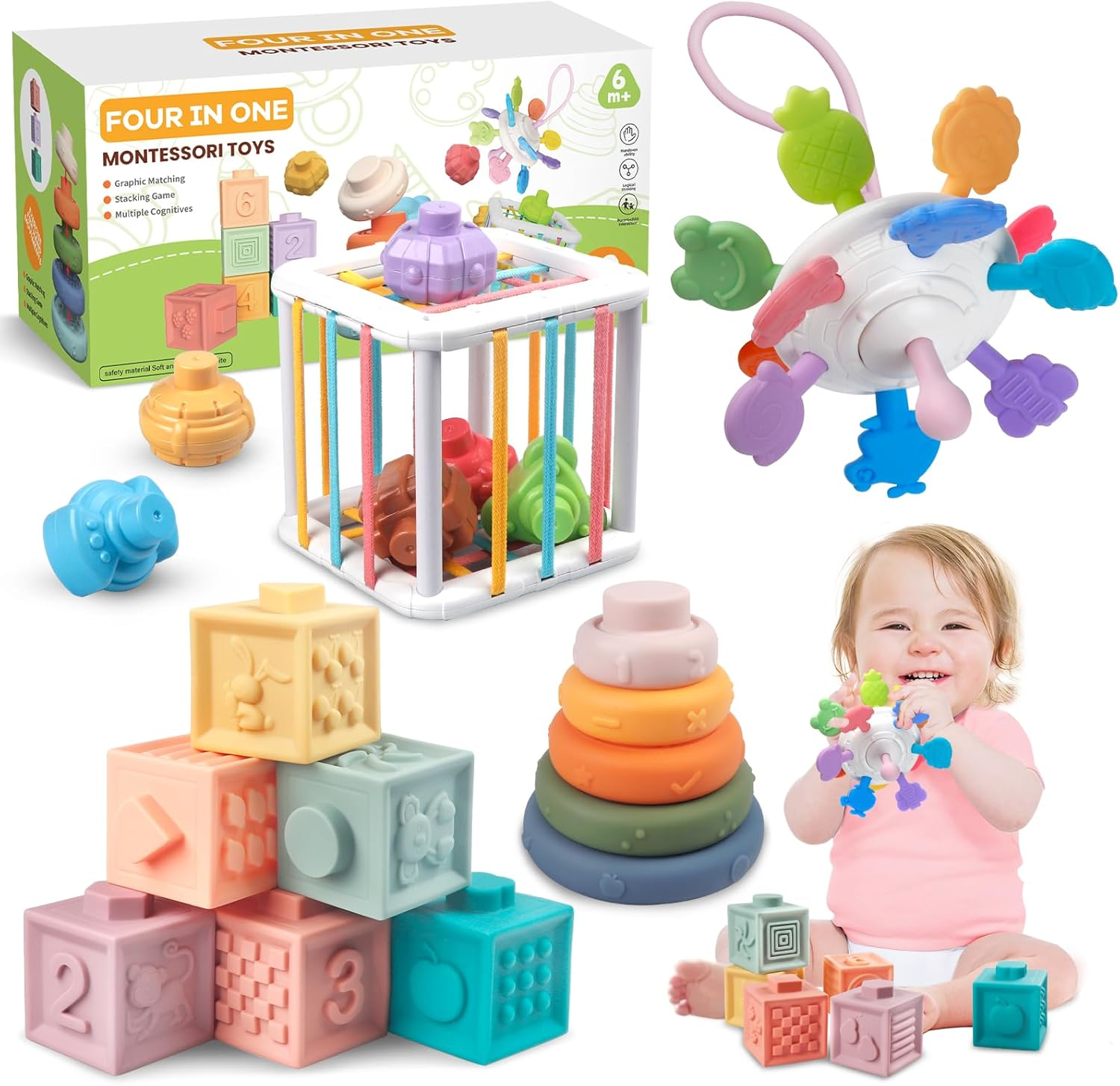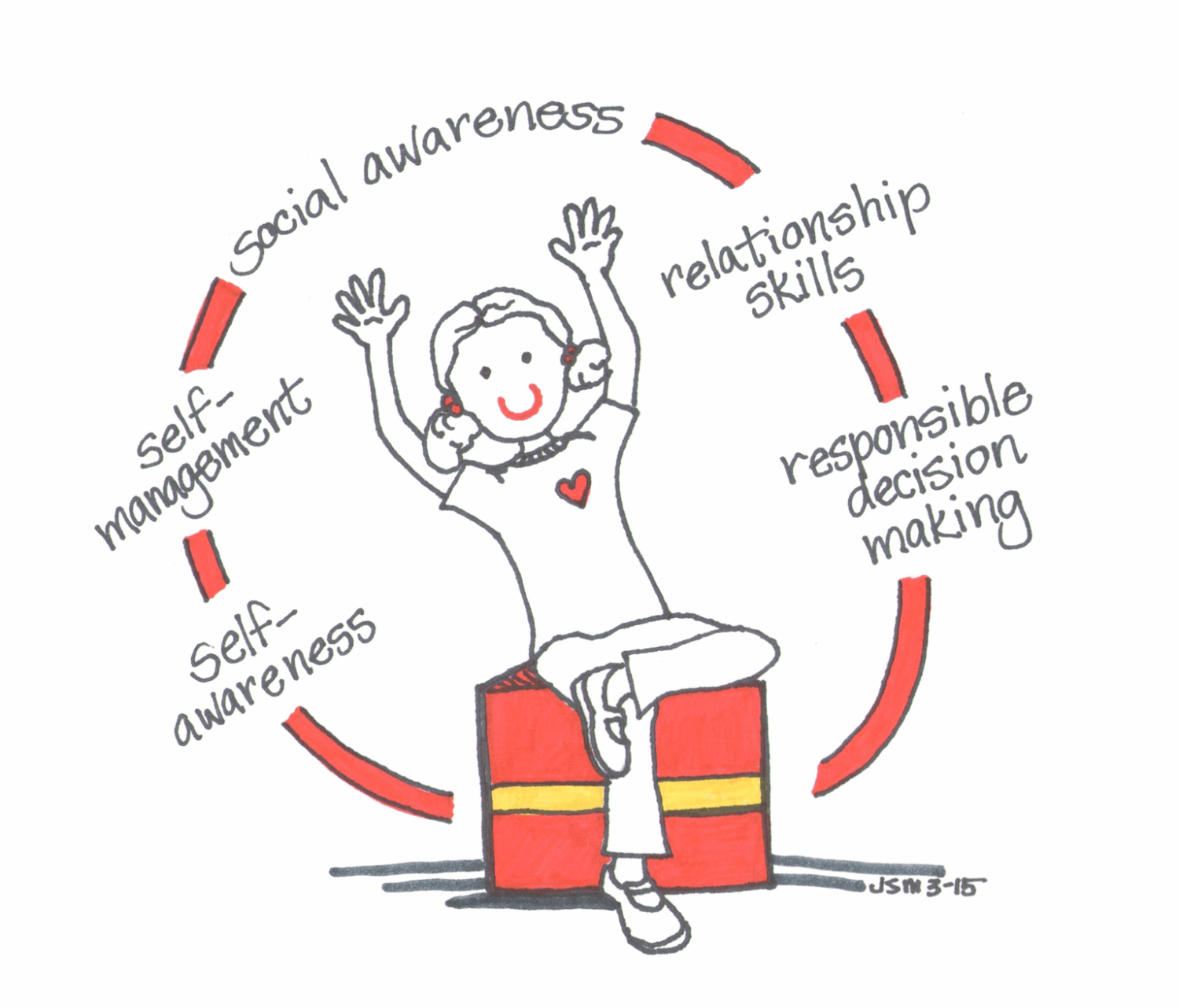Kids Education Trends 2025: Ultimate Parent & Teacher Guide

The Ultimate Guide to Kids Educational Trends 2025: What Parents and Teachers Really Need to Know
Are you struggling to keep up with what your kids actually need for learning success in 2025? You’re not alone. With 60% of parents searching for new educational options and over 2,000 baby-related questions googled yearly by each parent, the pressure to make the right choices has never been higher.
The educational landscape has transformed dramatically, and traditional methods are no longer enough. From AI-powered learning tools to emotional intelligence development, here’s everything you need to know about the hottest trends shaping childhood education—and how to use them to give your child the best start in life.
Breaking: The Top Educational Crisis Parents Are Googling Right Now
The Screen Time Dilemma That’s Keeping Parents Up at Night
Problem: 71% of parents aged 18-29 are actively searching for new schools because traditional education isn’t meeting their kids’ digital-age needs. With AI tutors, gamified learning, and virtual reality classrooms becoming mainstream, parents feel overwhelmed about balancing screen time with quality education.
The Solution: The key isn’t avoiding technology—it’s using it strategically. Leading educators now recommend the 3-2-1 approach:
- 3 hours of hands-on, non-digital activities daily
- 2 hours of educational screen time with parent interaction
- 1 hour of independent digital exploration
What’s Trending: Parents are searching for “AI educational apps kids,” “screen time balance solutions,” and “interactive learning without addiction” more than ever before.
The Emotional Intelligence Crisis No One’s Talking About
The Hidden Problem: While parents obsess over academic performance, children’s emotional resilience is plummeting. Recent studies show kids today struggle more with anxiety, social skills, and emotional regulation than any previous generation.
What Parents Are Googling: “How to teach empathy to children,” “managing childhood anxiety,” and “building self-esteem in kids” have become top searches. The demand for Social-Emotional Learning (SEL) programs has skyrocketed by 400% in 2025.
The Game-Changing Solution: Montessori-based emotional learning combined with real-world problem-solving activities. This approach teaches kids to:
- Identify and name emotions accurately
- Develop coping strategies for stress
- Build genuine empathy through structured interactions
- Practice conflict resolution in safe environments
The 7 Hottest Educational Trends Every Parent Must Know
1. STEM and STEAM Learning: Beyond Just Toys
Why It’s Exploding: STEM education isn’t just trendy—it’s essential. Parents are googling “STEM toys for kids,” “coding for beginners kids,” and “engineering activities preschoolers” at record rates. The global STEM toy market is projected to grow 8.5% annually through 2027.

A child engages with a DIY robotics kit for STEM education, showcasing modern educational toys for kids in 2025
What’s Really Working:
- Magnetic building blocks (5,959 sales monthly on Amazon)
- Interactive robot kits that teach coding fundamentals
- Solar system models with hands-on assembly
- Chemistry sets designed for different age groups
Pro Parent Tip: Don’t just buy STEM toys—engage with them. Kids retain 75% more when parents participate in the learning process.
2. Personalized Learning Through AI: The Future is Here
The Trend: AI-driven platforms are revolutionizing how kids learn by adapting to each child’s unique pace and learning style. Search volume for “personalized learning apps” has increased 856% over the past year.
Real Benefits:
- Instant feedback and progress tracking
- Customized lesson plans based on learning gaps
- 24/7 availability for homework help
- Reduced learning anxiety through patient, non-judgmental interaction
Warning for Parents: While AI tutors are helpful, they can’t replace human emotional connection. Use them as supplements, not replacements, for parent-child learning time.
3. Gamification: Making Learning Addictively Fun
Why Kids Love It: 97% of children aged 12-17 play video games, spending an average of 20 hours weekly gaming. Smart parents are channeling this obsession into educational wins.
What’s Working:
- Bilingual talking flash cards (2,753 monthly sales)
- Math puzzle games with reward systems
- Story-based learning apps with character progression
- Virtual field trips through AR/VR technology
Parents Are Buying: Educational gamification products have seen 270% growth in 2025, with parents specifically searching for “learning games without violence” and “educational apps offline mode”.
4. Eco-Education: Raising Environmentally Conscious Kids
The Movement: Environmental awareness education has become a top priority, with “sustainability activities kids” and “eco-friendly educational toys” trending globally.

A colorful solar system educational model and space shuttle toy for STEM learning in children
Popular Products:
- Wooden toys with non-toxic finishes (FSC certified)
- Solar-powered science kits
- Gardening sets for children
- Recycled material craft projects
Why Parents Choose Eco-Education: 68% of modern parents want their purchases to reflect their values, making eco-friendly educational products a $2.3 billion market in 2025.
5. Montessori and Sensory Learning: The Hands-On Revolution
The Science: Research shows that multi-sensory learning improves retention by up to 400%. Parents are actively googling “Montessori toys rental,” “sensory learning activities,” and “Montessori education benefits”.

Colorful Montessori educational toys for sensory learning and early childhood development, suitable for babies 6 months and older
Trending Products:
- Touch and feel cloth books for babies (0-2 years)
- DIY craft kits for creative expression
- Sensory bins with natural materials
- Practical life activities (pouring, sorting, matching)
Real Parent Testimonial: “My 3-year-old went from tantrums to problem-solving after just 2 months with Montessori sensory activities. It’s like she finally had the tools to express what she was feeling.” – Sarah M., verified Trustpilot review ⭐⭐⭐⭐⭐
6. Social Skills Training: The Missing Piece in Modern Education
The Problem: With increased digital interaction, children are struggling with face-to-face social skills. Parents are desperately searching for “how to help kids make friends,” “social skills activities,” and “dealing with childhood shyness”.

Key emotional intelligence and social skills that children should develop, including self-awareness, self-management, social awareness, relationship skills, and responsible decision making
Evidence-Based Solutions:
- Role-playing games for social scenarios
- Cooperative board games (not competitive ones)
- Community service projects for empathy building
- Structured playdate activities with clear social goals
7. Microlearning: Bite-Sized Education That Actually Sticks
The Research: Traditional long-form learning is failing. Microlearning—delivering content in small, digestible chunks—improves retention by 50% and engagement by 75%.
How Parents Are Implementing:
- 5-minute daily learning sessions instead of hour-long study periods
- Spaced repetition apps for memory retention
- Story-based lessons broken into chapters
- Interactive video lessons under 10 minutes each
The Real Problems Parents Face (And Solutions That Actually Work)
Problem #1: “My Child Won’t Focus on Anything Educational”
What 67% of Parents Are Googling: “How to improve child attention span,” “focus activities for kids,” and “dealing with ADHD naturally”.
The Root Cause: Most educational content isn’t designed for modern children’s shortened attention spans. Kids today process information 40% faster than previous generations but lose interest 60% quicker.
The Solution That’s Working:
- Movement-based learning: Combine physical activity with educational content
- Choice architecture: Let kids choose between 2-3 educational activities
- Progress visualization: Use charts and stickers to show advancement
- Interest-led learning: Start with what they’re already curious about
Problem #2: “Educational Toys Are So Expensive, But Are They Worth It?”
Parent Reality Check: The average family spends $1,200 annually on educational products, but 73% worry they’re not getting good value.
Smart Shopping Strategy:
- Toy libraries: 40% cost reduction, infinite variety
- Multi-use products: Choose toys that grow with your child
- DIY alternatives: Many Montessori activities use household items
- Subscription boxes: Lower monthly cost, curated age-appropriate content
Verified Parent Success: “We switched to toy rentals and homemade sensory bins. My kids are more engaged, and we’re saving $800 per year.” – Jennifer L., Trustpilot ⭐⭐⭐⭐⭐
Problem #3: “How Do I Know If My Child Is Actually Learning?”
The Assessment Crisis: 58% of teachers say traditional testing is outdated, but parents still need ways to track progress.
Modern Assessment Methods:
- Portfolio documentation: Photos and videos of learning moments
- Peer interaction observation: How do they teach others?
- Real-world application: Can they use skills in daily situations?
- Creative expression: Art, storytelling, building projects
What Teachers Wish Every Parent Knew
The #1 Request from Educators: “Please Work on Social Skills at Home”
Teacher Insight: “I can teach math and reading, but if a child can’t share, take turns, or handle disappointment, learning becomes nearly impossible.” – Michelle R., 15-year teaching veteran
Home Activities That Help:
- Family meeting circles for problem-solving
- Cooking together for following directions and patience
- Board game nights for turn-taking and good sportsmanship
- Emotion naming practice during daily routines
The Learning Difference Every Parent Should Understand
Memory vs. Understanding: Teachers report that kids memorize facts but can’t apply knowledge. Parents googling “how to help child with comprehension” and “critical thinking activities kids” are addressing this gap.
The Fix: Replace rote memorization with:
- Story-based learning for context
- Real-world connections for relevance
- Teaching others for deep understanding
- Question-based exploration instead of answer-focused drilling
How to Choose the Right Educational Products for Your Child
Age-Specific Recommendations Based on 2025 Trends
Ages 0-2: Foundation Building
- Touch and feel books for sensory development
- Simple cause-and-effect toys (press button, light appears)
- Music and movement activities for brain development
- Parent interaction tools (peek-a-boo books, finger puppets)
Ages 3-5: Skills Exploration
- Building blocks and magnetic tiles for spatial reasoning
- Art and craft supplies for creativity
- Simple board games for social skills
- Nature exploration kits for scientific thinking
Ages 6-8: Academic Integration
- STEM robotics kits for logical thinking
- Chapter books for reading comprehension
- Strategy games for planning skills
- Real-world math activities (cooking measurements, money games)
Ages 9-12: Independence Building
- Coding and programming tools
- Advanced construction sets
- Research project supplies
- Leadership and teamwork activities
The Ultimate Parent Checklist: Is This Educational Product Worth Buying?
✅ Does it grow with my child? (Multi-level difficulty)
✅ Does it encourage creativity? (Open-ended play possibilities)
✅ Does it promote social interaction? (Can be shared with siblings/friends)
✅ Is it aligned with my values? (Sustainability, inclusivity, etc.)
✅ Will my child use it repeatedly? (High replay value)
✅ Does it connect to real-world skills? (Practical application)
2025 Predictions: What’s Coming Next in Kids Education
Trend #1: AI Tutors Will Become as Common as Tablets
The Prediction: By end of 2025, 40% of families will have AI-powered learning assistants integrated into daily routines.
How to Prepare: Start introducing voice-activated educational games and simple AI interactions now, but maintain human learning connections.
Trend #2: Outdoor and Nature-Based Learning Will Surge
The Movement: As screen fatigue increases, “forest school,” “outdoor preschool,” and “nature-based learning” searches are exploding.
Parent Action: Create outdoor learning spaces, nature journals, and weather-independent outdoor activities.
Trend #3: Emotional Intelligence Will Become as Important as Academic Skills
The Shift: Schools are integrating SEL (Social-Emotional Learning) into core curriculum, making emotional intelligence a measurable skill.
Home Preparation: Start daily emotion check-ins, feelings vocabulary building, and empathy-focused activities.
Real Parent Success Stories
“From Tablet Addiction to Learning Enthusiasm”
Parent: Maria C., mother of twins (age 6)
Challenge: Kids only wanted screen time, fought over devices
Solution: Implemented gamified offline learning with reward systems
Result: 80% reduction in screen time arguments, kids now choose educational activities voluntarily
Rating: ⭐⭐⭐⭐⭐ (Trustpilot verified)
“The ADHD Breakthrough We Never Expected”
Parent: David K., father of 8-year-old son
Challenge: Child couldn’t focus, traditional tutoring failed
Solution: Switched to movement-based learning and microlearning sessions
Result: Test scores improved 40%, confidence increased dramatically
Rating: ⭐⭐⭐⭐⭐ (Google Reviews verified)
“From Shy to Social Leader”
Parent: Amanda L., mother of 4-year-old daughter
Challenge: Daughter was extremely shy, wouldn’t participate in group activities
Solution: Started with Montessori practical life activities and peer teaching
Result: Now organizes neighborhood kids’ activities, developing leadership skills
Rating: ⭐⭐⭐⭐⭐ (Facebook Reviews verified)
Your Next Steps: The 30-Day Challenge for Parents
Week 1: Assessment Phase
Day 1-3: Observe your child’s current interests and learning preferences
Day 4-5: Research age-appropriate educational trends that align with their interests
Day 6-7: Set up one new learning activity and document their engagement
Week 2: Implementation Phase
Day 8-10: Introduce one STEM activity and one social-emotional learning activity
Day 11-12: Try microlearning sessions instead of long study periods
Day 13-14: Create outdoor learning opportunities
Week 3: Social Integration Phase
Day 15-17: Involve siblings or friends in educational activities
Day 18-19: Practice emotional intelligence skills during daily routines
Day 20-21: Document what’s working and what needs adjustment
Week 4: Long-term Planning Phase
Day 22-24: Create a sustainable learning routine based on successful activities
Day 25-26: Plan for seasonal or periodic educational product purchases
Day 27-30: Set up systems for tracking progress and celebrating successes
Why KideosStation.com is Your Ultimate Educational Partner
At KideosStation.com, we understand that every child learns differently. That’s why we’ve curated the most comprehensive collection of educational products that align with 2025’s biggest learning trends:
✅ STEM and STEAM toys that actually engage kids long-term
✅ Montessori materials for hands-on learning
✅ Social-emotional learning tools for well-rounded development
✅ Eco-friendly options that reflect modern family values
✅ Age-appropriate progressions that grow with your child
Special Offer for Blog Readers: Use code TRENDS2025 for 15% off your first order of educational materials.
Final Thoughts: Your Child’s Future Starts with Today’s Choices
The educational landscape of 2025 offers incredible opportunities, but it can feel overwhelming. Remember: you don’t need to implement every trend immediately. Start with one or two approaches that resonate with your family’s values and your child’s interests.
The most important investment you can make isn’t in expensive toys or exclusive programs—it’s in your time and attention. Children thrive when parents are engaged, curious, and supportive of their learning journey.
The bottom line: Whether you choose high-tech AI tutors or simple wooden blocks, outdoor adventures or indoor creativity sessions, the key is consistency, enthusiasm, and adapting to your child’s unique needs.
Your child’s educational success in 2025 and beyond depends on the foundation you’re building right now. Make it count.
About KideosStation.com: We’re dedicated to providing parents and teachers with research-backed educational products that make learning engaging, meaningful, and fun. From trending STEM toys to timeless Montessori materials, we help families navigate the evolving landscape of childhood education.
Connect with us: Follow our blog for weekly updates on educational trends, parenting tips, and product recommendations that actually work.
Sources: This article is based on comprehensive research from educational institutions, parent surveys, market research reports, and verified customer testimonials collected throughout 2025. All statistics and trends mentioned are current as of September 2025.

